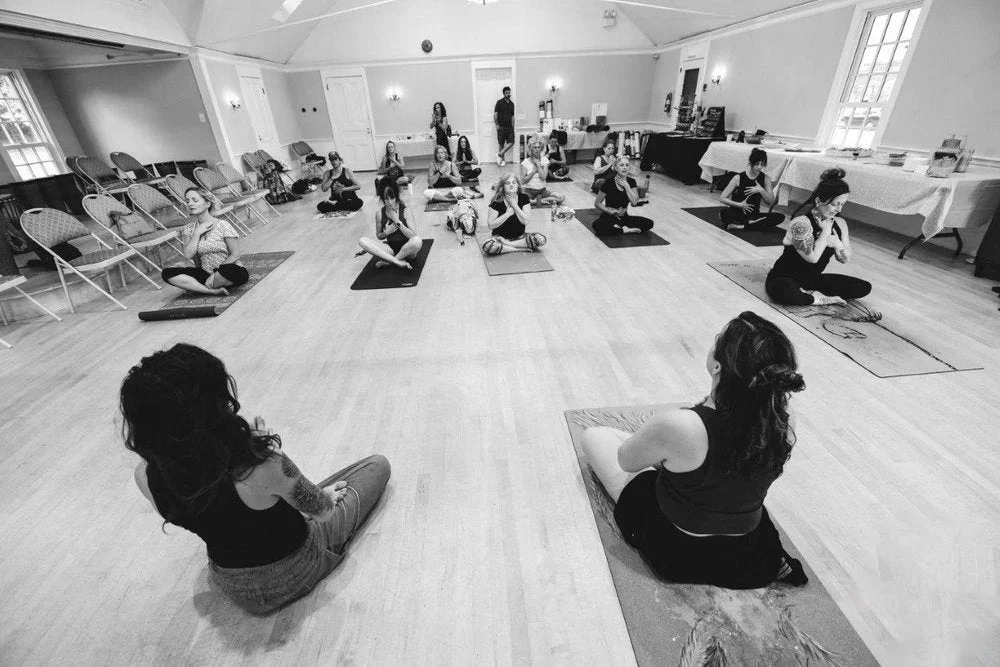The Definitive Guide to Wellness Retreats: From Burnout to Breakthrough - Your Path to Transformation
In the relentless rhythm of the 21st century, a quiet revolution is taking place. It’s a movement away from the noise, the burnout, and the constant connectivity, and toward a space of silence, self-care, and profound personal renewal. This movement is embodied in the ancient, yet increasingly essential, practice of taking a wellness retreat.
But what is a retreat in today's world? It is far more than a holiday. It is a deliberate, purposeful, and structured withdrawal from your daily life to dedicate uninterrupted time to your physical, mental, and spiritual well-being. It’s a conscious commitment to press pause on the outside world to turn up the volume on your inner world. While a vacation is about distraction and escape, a retreat is about connection and return a return to your essential self.
What Is a Retreat? Deconstructing the Modern Sanctuary for the Soul
The term retreat originates from military strategy, meaning a strategic withdrawal to a place of safety to regroup, recover strength, and gain a new perspective before moving forward again. This is the perfect metaphor for a wellness retreat.
A retreat is a conscious and voluntary withdrawal from your everyday environment to a space designed for healing, with the explicit goal of returning to your life renewed, re-calibrated, and re-enchanted.
Let's break down its core components:
The Container: A retreat provides a safe, supportive, and often beautiful environment a container where you can let your guard down. This container is held by experienced facilitators and a like-minded community.
The Structure: Unlike a free-form vacation, a retreat has a rhythm. A gentle but consistent schedule of practices, meals, and rest provides the scaffolding for your transformation, removing the burden of decision-making and allowing you to fully surrender.
The Intention: Every retreat is undertaken with a purpose. This intention whether it's to heal from burnout, deepen a spiritual practice, or navigate a life transition becomes the compass for your journey.
The Practices: These are the tools offered to facilitate your growth yoga, meditation, breathwork, nature immersion, creative workshops, or therapeutic sessions.
The Snow Globe Analogy: Imagine your mind is a snow globe of your daily life. It’s constantly being shaken by deadlines, obligations, and digital noise. The flakes swirl in a chaotic blizzard, obscuring your vision. A retreat is the act of setting that snow globe down on a stable surface. The agitation ceases, the flakes gently settle, and for the first time, you can see what’s inside with perfect clarity and calm.
The Silent Crisis: Ten Undeniable Signs You Need a Retreat Now
The longing for a retreat often whispers beneath the surface of a busy life. It’s a feeling that something is off, a quiet knowing that you're meant for more than just managing stress. How do you know if it’s time to listen? Here are the ten most common signs:
You Are Running on Empty (Burnout): You feel chronically exhausted, cynical, and ineffective. Your motivation has vanished, and even small tasks feel overwhelming. This is more than tiredness; it's a systemic shutdown.
You Are Digitally Addicted and Drained: You experience phantom vibration syndrome, feel anxiety when separated from your phone, and yet feel utterly depleted by the endless scroll of social media and news.
You Feel a Loss of Purpose or Stuckness: You're going through the motions, feeling like you're on autopilot in a life that doesn't feel entirely your own. You ask, Is this all there is?
Your Body is Sending SOS Signals: You have persistent muscle tension, headaches, digestive issues, or a weakened immune system. These are often the physical manifestations of prolonged psychological stress.
Your Sleep is Disrupted: You have trouble falling asleep, wake up in the middle of the night with a racing mind, or never feel rested, no matter how long you stay in bed.
You Are Navigating a Major Life Transition: Whether it's a career change, the end of a relationship, becoming empty-nesters, or a personal loss, a retreat provides the space to process and find your footing without the pressure to just get over it.
Your Relationships Feel Superficial or Strained: You feel disconnected from loved ones and crave more meaningful, authentic connections. You find yourself irritable and short-tempered.
You Feel Disconnected from Your Intuition and Body: You make decisions based solely on logic or fear, ignoring your gut feelings. You've stopped listening to what your body needs for rest and nourishment.
You're Consumed by Monkey Mind: Your thoughts are a relentless, chaotic loop of worry, planning, and self-criticism. You find it impossible to quiet your mind and just be.
You Have a Persistent Feeling That There Must Be More: This is the most profound sign. It's a quiet, intuitive pull toward a life with more joy, peace, meaning, and vitality.
If you see yourself in even two or three of these points, a retreat is not an indulgence; it is a necessary intervention for your health and happiness





